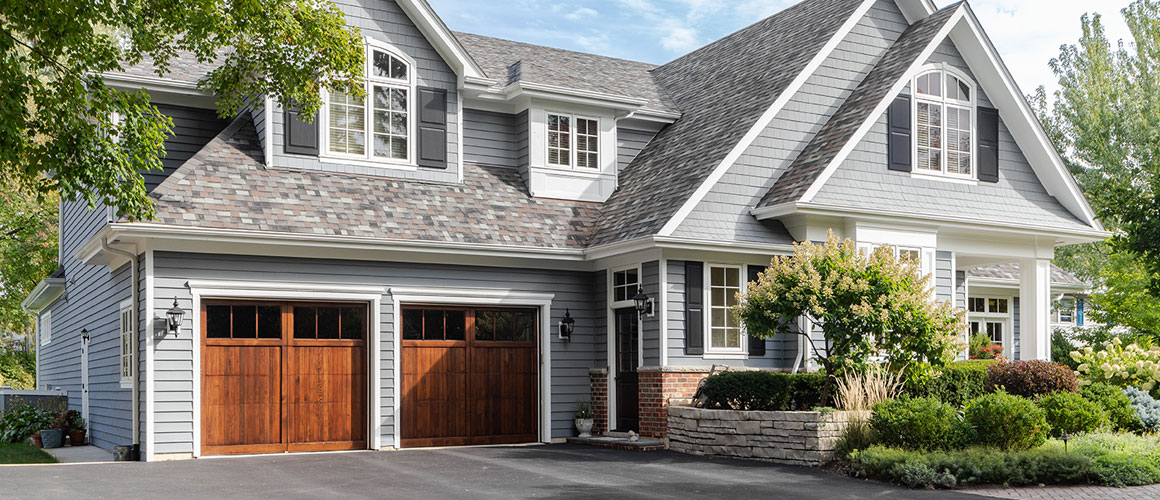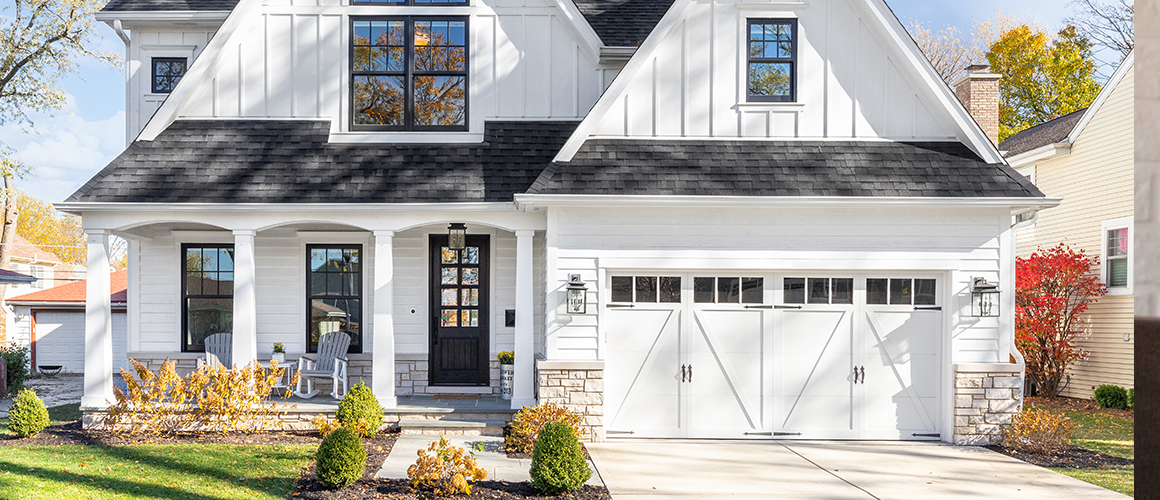
A Homeowner’s Guide to Home Equity
Mar 01, 2025 · 3-minute read
Owning a home isn’t just about having a place to live—it’s also an investment that builds financial security over time. One of the key financial benefits of homeownership is home equity, which represents the portion of your home you truly own. Understanding how equity works, how to build it, and how to leverage it can help you make smarter financial decisions. In this guide, we’ll cover the basics of home equity, how to calculate it, ways to increase it, and how you can borrow against it when needed.
What Is Home Equity? Definition, How It Works, and FAQs
What Is Equity In A Home?
Home equity is the difference between what your home is worth and what you still owe on your mortgage. As you pay down your loan and as your home’s value increases, your equity grows. Think of it as the portion of your home that belongs to you rather than the bank.
For example, if your home is worth $300,000 and you owe $200,000 on your mortgage, your equity is $100,000.
How To Calculate Home Equity
1. Using A Down Payment
When you buy a home, the initial down payment you make automatically becomes your equity. For example, if you purchase a home for $250,000 and put down 20% ($50,000), that $50,000 represents your starting equity.
2. Using Loan Principal Paid
Every time you make a mortgage payment, a portion goes toward the principal balance (the amount borrowed), which increases your home equity over time. The more you pay down your loan, the more equity you build.
3. Using Home Value Appreciation
Your home’s value can increase over time due to market demand, renovations, or neighborhood improvements. If your home was originally worth $250,000 but is now worth $300,000, your equity increases without you making additional payments.
Ways To Build Equity In A Home
1. Make A Larger Down Payment
A larger down payment at the time of purchase means you start with more equity from day one.
2. Pay Your Mortgage Down
Making extra payments or paying more than the minimum due each month reduces your principal balance and builds equity faster.
3. Refinance To A Shorter Loan Term
Switching from a 30-year mortgage to a 15-year loan can help you pay off your home faster, increasing equity at a quicker pace.
4. Make Value-Adding Home Improvements
Upgrades like kitchen remodels, bathroom renovations, or energy-efficient additions can boost your home’s value and, in turn, your equity.
5. Own The Home Long-Term
Real estate markets typically appreciate over time. The longer you own your home, the more likely it is to increase in value, naturally building your equity.
Ways To Borrow From Your House’s Equity
1. Home Equity Loan
A home equity loan is a lump-sum loan you borrow against your home’s equity.
- Pros: Fixed interest rates, predictable monthly payments, good for large, one-time expenses.
- Cons: Requires credit qualification, risk of foreclosure, reduces overall home equity.
2. Home Equity Line Of Credit (HELOC)
A HELOC works like a credit card, allowing you to borrow against your home’s equity as needed.
- Pros: Flexible borrowing, lower interest rates, interest-only payment options.
- Cons: Variable interest rates, risk of foreclosure, potential for overspending.
3. Cash-Out Refinance
A cash-out refinance replaces your existing mortgage with a new one for a higher amount, letting you cash out the difference.
- Pros: May secure lower interest rates, provides lump sum cash, consolidates debt.
- Cons: Increases mortgage balance, closing costs apply, may extend loan term.
4. Reverse Mortgage
A reverse mortgage allows seniors (62+) to convert home equity into cash without monthly payments.
- Pros: No monthly mortgage payments, can supplement retirement income, allows homeowners to stay in the home.
- Cons: Must be 62+, reduces inheritance, accumulates fees and interest.
Ways To Use Money Borrowed From Your House’s Equity
- Home improvements or renovations
- Debt consolidation
- Education expenses
- Emergency expenses
- Investment opportunities
Home Equity FAQs
1. How much equity can I borrow?
Most lenders allow you to borrow up to 80% of your home’s equity, depending on your credit and income.
2. Does my home equity increase automatically?
Equity grows as you pay down your mortgage and when property values rise.
3. Can I lose home equity?
Yes, equity can decrease if property values decline or if you borrow too much against it.
4. What’s the difference between home equity and a mortgage?
Your mortgage is the loan owed to the bank, while home equity is the portion of your home’s value that you own outright.
The Bottom Line
Home equity is a valuable financial tool that grows over time. Whether you want to build equity, borrow against it, or simply understand how it impacts your wealth, staying informed is key. Consider consulting with a financial expert before making major decisions involving your home equity.







